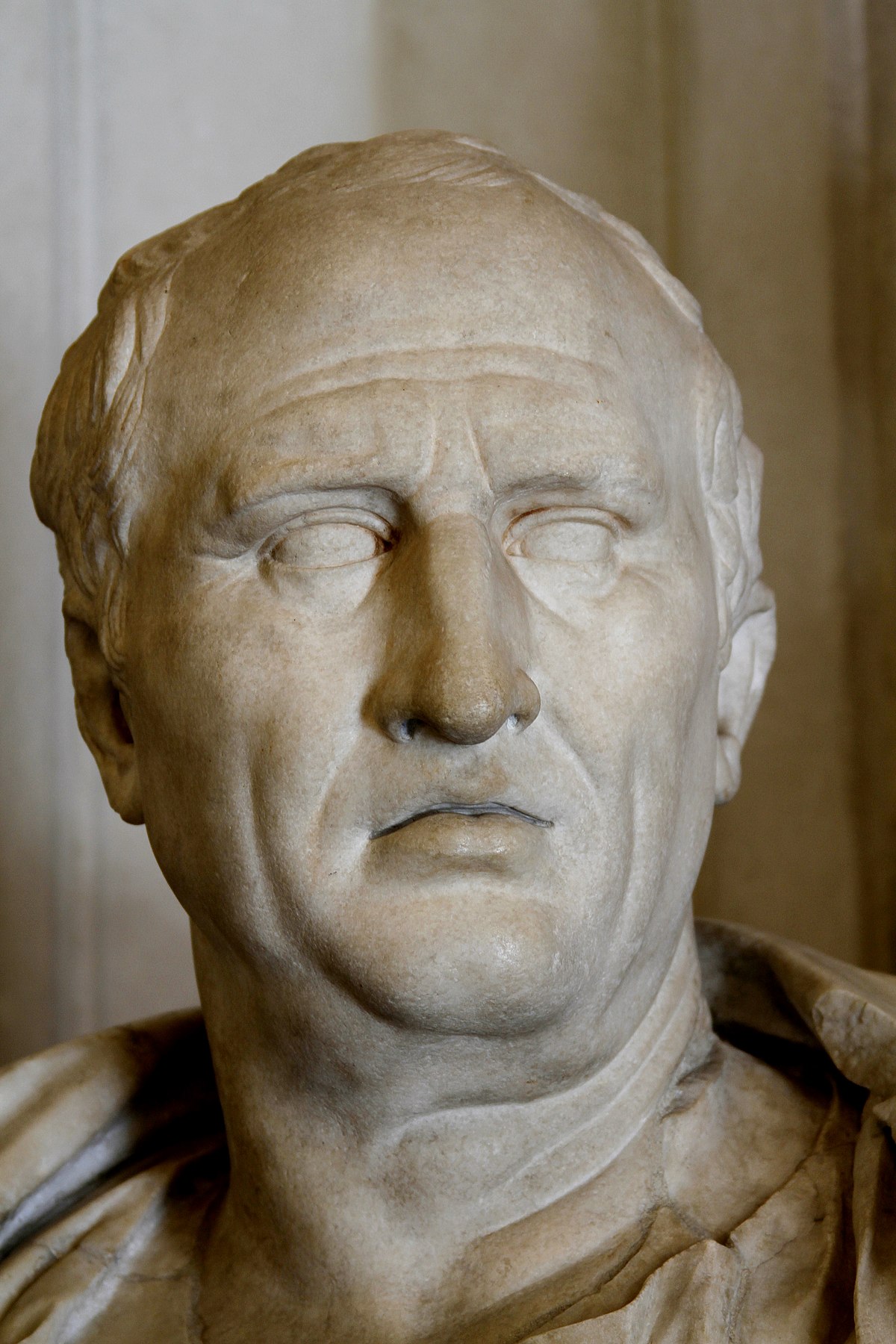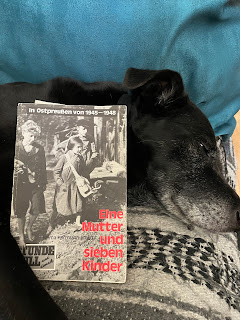My two YA novels, Tainted Amber and Crow Stone were set in East Prussia and I’m working on another one set in the area immediately after the war. To continue my research of the area, I follow social media posts by Russians living in the Kaliningrad Oblast of Russia. They share visuals of the historical ruins of what was once East Prussia.
 |
| Near Svetlogorsk (former Rauschen) |
My mom moved to East Prussia from Soviet Ukraine after collectivization and Siberian exile in 1931. Then in 1945 she was sent to work at coal mines in the Soviet Urals, while her sisters and other family members remained behind in Soviet-occupied East Prussia. They weren’t permitted to leave the enclave until 1948.
Those years, 1945-1948 were murky, difficult years for my aunts and surviving cousins. It was a taboo topic because of their various traumas, which included rape, severe hunger, and homelessness. As Canadian-born kids, my cousins and I tip-toed around the topic, afraid to re-traumatize our mothers. But the elephant in the room was awkward… my family’s traumas were their punishment for being German. It became my shame, as well, something I explore n Waltraut.
With the 2023 death of my last cousin who lived through those times, I’ve got plenty of regret that I didn’t persist in asking more questions … that I didn’t face that rotting elephant. There were some vague jokes about ‘brennessel’ for soup (stinging nettle) or the taste of horse meat. There was the strong anti-Russian sentiment that persisted and a constant fear of thunder storms.
There are so few sources to turn to for more information. I’ve read ‘wolf children’ accounts and continue to grab other memoirs. Currently, I’m absorbing Eine Mutter mit Sieben Kindern. This memoir is set in same area (Heiligenbeil) that my mom and her sisters would have been caught in during their attempt to flee. Like my family, they were hijacked in February on their way on their way to the Pillau harbour on the Baltic.
While I read about the destruction of 1945, I’m also seeing the 2025 remains of these villages in what is now Russian Kaliningrad. It’s bizarre and haunting. The ghosts are everywhere even as I click ‘like’ on my cell phone and give kudos to those modern-day 'keepers of the ruins,' They are preserving the relics of war, of time and of history. Meanwhile, a few hundred kilometers further east, war rages on. And more traumatic memories are being forged.
 |
| Along the Baltic near Svetlogorsk (former Rauschen) |











